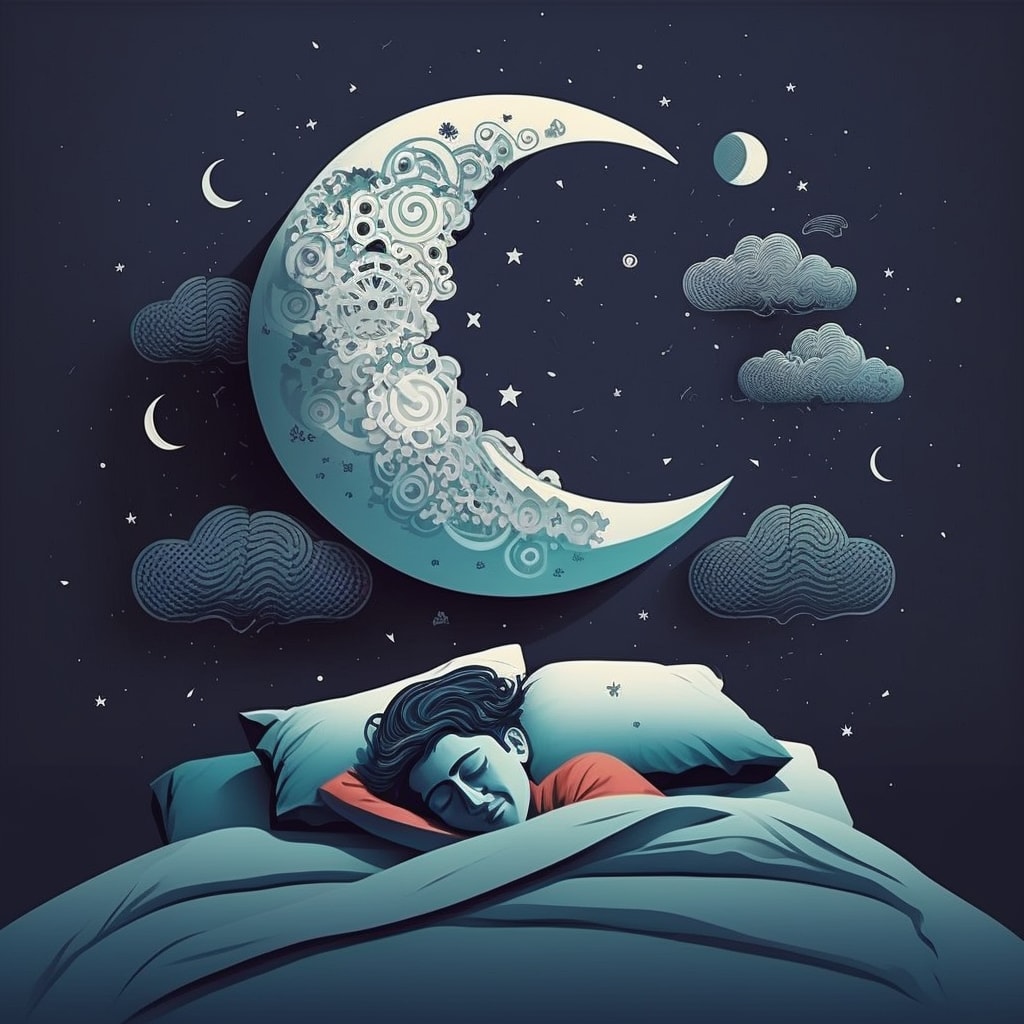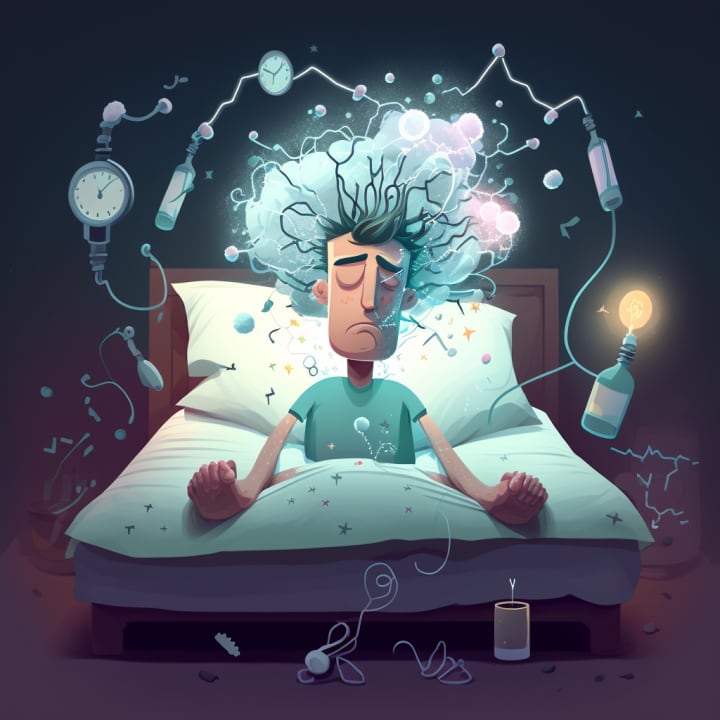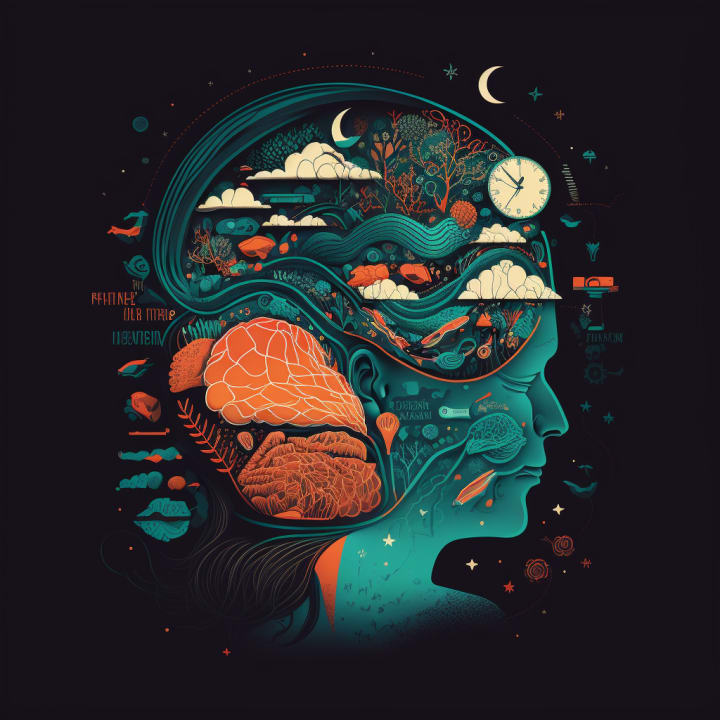The Science of Sleep
How to Get Better Sleep and Wake Up Refreshed

We all know that getting enough sleep is essential for our physical and mental well-being. But did you know that the quality of your sleep is just as important as the quantity? In this article, we'll explore the science of sleep and provide tips for how you can get better sleep and wake up feeling refreshed.
Stick to a regular sleep schedule
One of the most important factors in getting good quality sleep is maintaining a regular sleep schedule. This means going to bed and waking up at the same time every day, even on weekends. Your body's internal clock, or circadian rhythm, regulates your sleep-wake cycle, so sticking to a regular schedule helps to keep your body in sync.

Create a sleep-conducive environment
Creating a sleep-conducive environment is also important for getting better sleep. This means making your bedroom dark, quiet, and cool. Use blackout curtains or an eye mask to block out light, earplugs or a white noise machine to block out noise, and adjust the temperature to a comfortable level.
Limit exposure to screens before bedtime
Exposure to screens, like phones, tablets, and computers, before bedtime can disrupt your sleep-wake cycle. The blue light emitted by screens suppresses the production of melatonin, a hormone that regulates sleep. Try to avoid using screens for at least an hour before bedtime, and consider using a blue light filter on your devices.
Practice relaxation techniques
Practicing relaxation techniques, like deep breathing, meditation, or yoga, can help to reduce stress and promote relaxation. Stress and anxiety can interfere with your ability to fall asleep and stay asleep, so learning to manage stress can help to improve the quality of your sleep.
Exercise regularly
Regular exercise can help to improve the quality of your sleep. Exercise can help to reduce stress, improve mood, and regulate your sleep-wake cycle. Aim to get at least 30 minutes of moderate exercise most days of the week, but avoid exercising too close to bedtime as it can be stimulating and make it harder to fall asleep.
Avoid caffeine and alcohol before bedtime
Caffeine and alcohol can both disrupt your sleep-wake cycle. Caffeine is a stimulant that can interfere with your ability to fall asleep, and alcohol can disrupt the quality of your sleep. Try to avoid consuming caffeine or alcohol for several hours before bedtime.

Seek help if you have sleep problems
If you have ongoing difficulty sleeping, it may be a sign of a sleep disorder like insomnia or sleep apnea. Talk to your doctor if you're having trouble sleeping, as there may be underlying health issues that need to be addressed.
The quality of your sleep is just as important as the quantity. By maintaining a regular sleep schedule, creating a sleep-conducive environment, limiting exposure to screens before bedtime, practicing relaxation techniques, exercising regularly, avoiding caffeine and alcohol before bedtime, and seeking help if you have sleep problems, you can get better sleep and wake up feeling refreshed. So why not give it a try? Your body and mind will thank you for it.
About the Creator
Doğukan Işık
Explore the world with my blog! Discover thought-provoking insights and unique perspectives on important topics that matter. Join me on this journey of discovery!






Comments
There are no comments for this story
Be the first to respond and start the conversation.